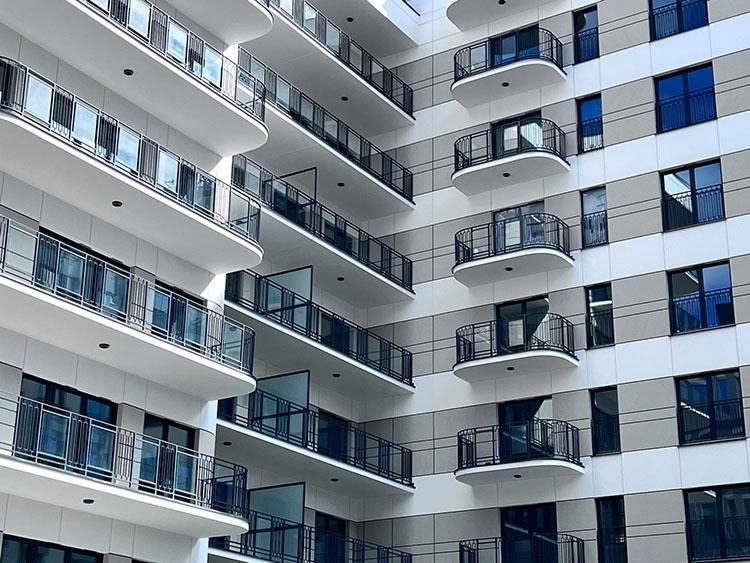Real estate funds in the Czech Republic are strengthening
Real estate funds are becoming more and more established in the Czech Republic. Last year, according to estimates by the Association of Rental Housing, institutional investors acquired over 1,500 flats, this year they are targeting 2,000. Real estate funds have been operating on the Czech market for the third year, exact numbers are not yet available, the association said. Developers confirm that interest in buying all or part of their rental housing projects is rising.
In 2020, before launching the flats, developers began to buy from developers, for example, the German Zeitgeist, the Swedish Heimstaden or the Czech Mint. Last year, the Association of Rental Housing estimated that more than 1,500 flats had been bought by funds. Exact data on how much real estate funds and other investors in the Czech Republic invest in residential flats do not exist. If the activities of developers are added to this, the market will attack acquisitions of around 2,000 flats per year for institutional rental housing, the association announced.
Last year, the Mint bought over 200 apartments in Prague and over 100 in Pilsen. "And we are still looking around the market," said Erik Janovský, an investment analyst at Mintu, who is ready to buy another 500 apartments by the end of the year. Last year, the largest rental housing operator in the Czech Republic, Heimstaden, bought three new apartment building projects. 226 flats in Pilsen, 169 flats in Prague in the Pergamenka residence in Prague 7 for 1.2 billion crowns and 182 flats in Ostrava.
"Our interest in new flats continues and we are continuing discussions with developers. We have several projects in progress, however, further steps will be related to the development of the economic situation in the Czech Republic and prices in general," Kateřina Piechowicz, spokeswoman for Heimstaden, the association announced.
Last year, the Czech Home Capital Fund acquired 630 ready-made apartments for rent in Ostrava, Prague and also Dresden. The IRQ funds, the founder of which is also the former governor of the CNB, Zdeněk Tůma, this year acquired a stake in an apartment building in Holešovice, Prague. "The current situation is recording an increase in demand for real estate. Appetite is definitely not leaving investors," Tůma said.
The development company Finep cooperates with the funds. Together, they solve the selection of locations and modifications to projects, including the layout of apartments, so that they are suitable for rental housing. "We plan that in the future up to half of the projects will be in the regime of affordable housing. We take the funds as partners for the long-term development of rental housing from our production," said Finep spokesman David Jirušek. This year, Skanska Reality will present in Prague 7 a project for rental housing with a fund of 150 flats.
On the contrary, Central Group sticks to sales directly to customers. "About ten funds have already contacted us with the option to buy part of our projects, but we are not negotiating yet because we do not need it. It does not make economic sense for us," said Dušan Kunovský, head of Central Group, pointing to the fact that small supply of new apartments and all will sell quickly.
According to available data, only about 20 percent of the population currently lives in rental housing in the Czech Republic, while in Western Europe it is much more. In neighboring Germany and Austria, this is more than doubled. However, rental housing is also increasingly declining in the Czech Republic due to rising apartment prices, mortgages and inflation.
Source: Central Group and CTK









